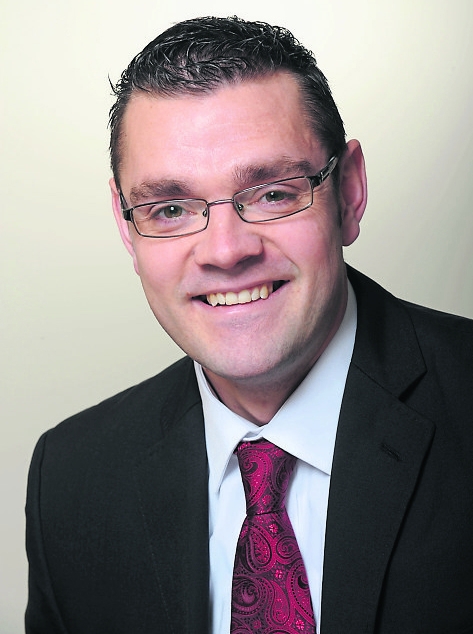By David Owens
Hawsons
THE House of Lords Economic Affairs Committee has issued a scathing report on HMRC’s Making Tax Digital (MTD) for VAT programme. The committee has voiced disappointment that on many issues raised by the committee in their 2017 report HMRC had taken ‘no meaningful action to address these’. The MTD for VAT program me is due to take effect from April 2019.
The 2017 report had suggested that the tax gap claimed by HMRC was ‘guesswork’, the proposed timetable was ‘too tight’ and that HMRC had underestimated the difficulties and costs faced by the ‘considerable number of people with limited digital skills or inadequate broadband access’.
The committee found issue with the government’s estimates that MTD will result in an increase in tax revenue of just over £1bn between 2020 and 2023. They believe the benefits are overstated and highlighted that ‘reducing errors could reduce tax revenue as well as increase it’.
The costs for taxpayers
Businesses using older software ‘face the cost of upgrading purely to meet MTD requirements’. The committee criticised HMRC for believing that businesses would realise administrative savings that would outweigh any costs incurred in the transition to MTD. HMRC believe the average transition cost will be £109. However, this figure has been challenged by witnesses who appeared before the committee who suggested the average cost could be anywhere between £300 and £2,000.
The timetable
The committee said that HMRC ‘is alone in its confidence that all one million businesses will be ready for MTD for VAT in April 2019’. They believe HMRC have ‘underestimated the time for research, planning, training and system changes that some businesses will need’.
The committee continues to allege that HMRC are more motivated by the possibility of increased revenue for the government instead of the need for greater efficiency. The report suggests that the government should defer the introduction of mandatory MTD by a minimum of one year but encourage businesses to join voluntarily. They believe that HMRC should wait until at least April 2022 before they roll out MTD to any other taxes, originally scheduled for April 2020.
Communicating with businesses
The committee found that HMRC had communicated primarily with software providers, agent representative bodies and agents. They accuse HMRC of neglecting to inform taxpayers ‘until they were invited to join the pilot’. Last month HMRC informed the committee that it was ‘significantly increasing its communications activity’ but the committee felt that with just five months until the introduction it was ‘too late to begin an effective communications campaign’.
The pilot
Although HMRC extended their pilot to 600,000 businesses in October 2018, the committee said ‘there is too little time before 1 April 2019 to make up lost ground and respond to implementation issues identified by taxpayers’. There will be ‘no pause to allow the lessons learned in the pilot to be evaluated, particularly from the perspective of taxpayer readiness, and changes made before it is mandatory for most taxpayers’. They highlighted that the reliability and performance of ‘HMRC’s systems are still unproven’.
Deferred for some
The committee criticised the deferral extended by HMRC on the grounds that it was given mainly to other public sector bodies and a selection of small organisations with the most complicated tax affairs rather than ‘to the smaller businesses for whom implementation will be most burdensome and who have the fewest resources to devote to implementation’.
Reaction
An HMRC spokesperson responded to this report, saying: “We are disappointed that the committee’s report does not reflect HMRC’s wide and significant engagement on MTD over the last three years, nor the changes made as a result for small businesses.”
Despite this scathing report, HMRC have given no indication that the introduction of MTD for VAT will be delayed and, therefore, businesses should ensure they are ready for the new regime. For more information contact David Owens at Hawsons Chartered Accountants on 01604 646600 or
The full report can be read at publications.parliament.uk/pa/ld201719/ldselect/ldeconaf/229/229.pdf


